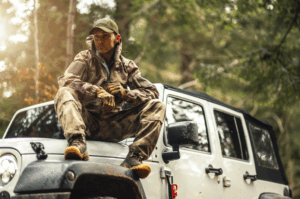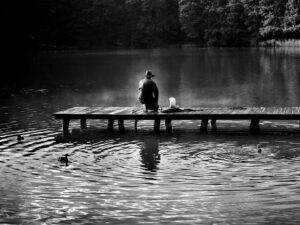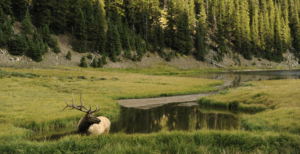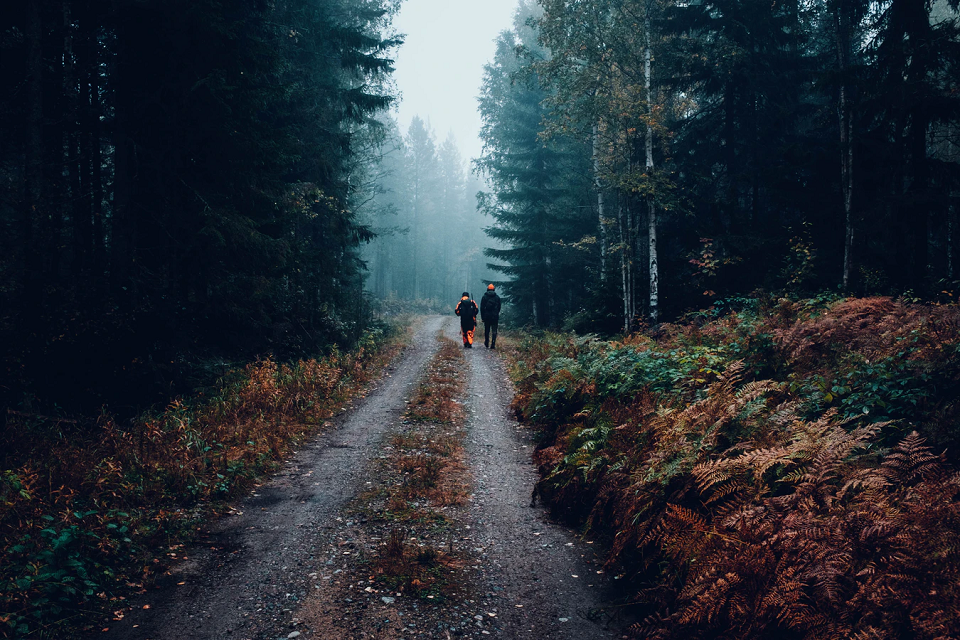
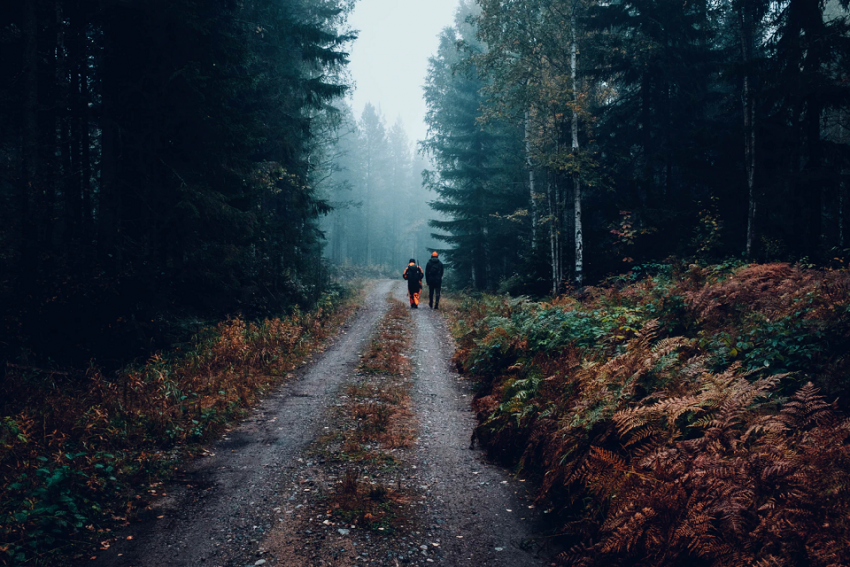
When it comes to hunting waterfowl, rain can work to your advantage. However, as a hunter, you might wonder what hunting deer would be like during rain or snow. Will it be more challenging than usual?
Many people believe that deer activity decreases during rain. However, this is nothing more than a myth. Similarly, it’s another myth that hunting deer in snow and rain is more trouble than it’s worth.
Of course, snow and rain present unique challenges to hunters. However, they do have some advantages too!
In this article, we put together several tips regarding hunting deer in rain and snow.
Rain Suppresses Deer’s Hearing and Smell but Heightens Vision
The Post-Journal discusses how deer possess an amazing sense of hearing and smell. They’ve evolved these to protect themselves from predators in the woods. Rain influences both these senses.
Due to increased moisture in the air, deer lose some of their smelling capability. At the same time, the constant noise of raindrops hitting the ground limits their hearing. However, as compensation for this, deer tend to have increased visual awareness during rainy weather.
According to WorldDeer.org, the movement of deer and their activity in the most favorable spots remain unaffected by light rain. Though, heavy rain may push deer into an area that provides better cover during the night-time. Would be a great time for a tent for heavy rain.
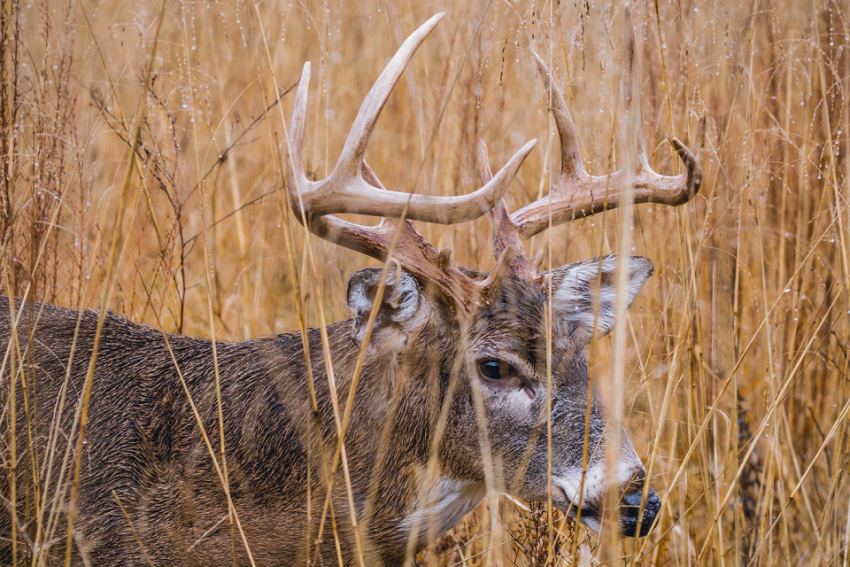
With that, deer tend to remain inactive during the night. Contrary to what many people believe, deer are not nocturnal animals, they’re crepuscular. This term means they’re most active during the twilight and dawn hours. And that is why most hunters prefer to search for deer during these hours.
Hunting Deer in the Snow
Well, snowy conditions can be tough. However, as a hunter, you can take advantage of several factors. Typically, hunters find it the easiest to hunt deer right after a snowstorm has cleared. Deer shelter during snowstorms and forage for food right after it settles. For hunters, this would be the right time to strike.
Often at times, hunters observe the signs of deer movement in the area to locate their hide-outs. You’re most likely to find vulnerable deer near their hideouts. These signs may include deer dung or footprints that are easy to track in snowy conditions.

Deer are More Conscious of Movement After Bad Weather
Furthermore, after intense weather conditions, deer’s senses are temporarily reduced. Deer have a tougher time noticing the hunter’s presence, making the hunt easier.
Note that in extreme weather conditions, deer are typically more conscious of sudden movements around them. As mentioned earlier, their visual capabilities are heightened. Of course, this is nothing but a protective mechanism against predators. You must be slow with your movements. A single sudden move (even at a distance) can scare the deer away.
Furthermore, be ready to take freehand shots. Of course, it would be great if you could find a tree branch or a rock to rest on. However, in most cases, you may not even have enough time to rest or kneel for a shot.
Final Thoughts about Hunting Whitetails in Bad Weather
Overall, deer tend to remain active during extreme weather conditions such as rain and snow. However, heavy rain and snowstorms may temporarily halt their activity. But as soon as the weather becomes slightly bearable, deer tend to come out of their hide-out to forage for food.
Deer also feed more actively in the days leading up to a storm. As Wilderness Today discusses, deer have an innate sense of weather changes. They adjust their behavior accordingly. Their increased activity during this period may also help with hunting.
Furthermore, even though deer become more visually aware in extreme weather conditions, their sense of smell and hearing does go down. So, try to take advantage of that and be extra careful about your movements.
All in all, with some practice and care, you will successfully be able to hunt deer during both rain and snow.


